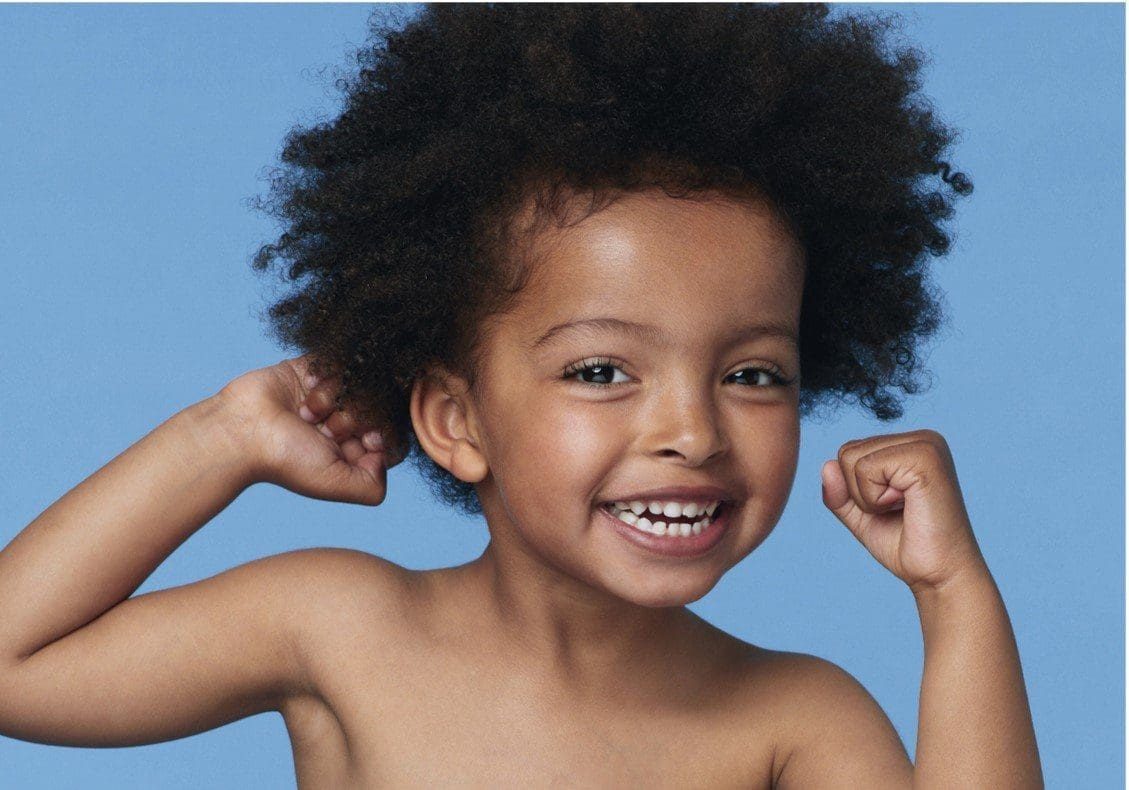What is Eczema?

WHAT IS ECZEMA?
Eczema is an umbrella term for different types skin conditions characterized by itching and rash. The most severe, common and long-lasting type of eczema is called atopic dermatitis (AD).
WHAT ARE THE SYMPTOMS OF ECZEMA?
Eczema nearly always begins early in life — 90% of cases occur before the age of five. Itching and rash most often appear inside the elbows, behind the knees, and on the face, but can affect almost any part of the body.
People with eczema always have very dry skin. The rash and itching will be intensified during ‘flare-ups’ which will be alternated with relatively symptom-free periods.
ECZEMA AFFECTS 1 IN 10 CHILDREN, but can affect people of all ages more than half of the kids who have eczema today will be over it by the time they’re teenagers.
La Roche Team of Researchers
more than half of the kids who have eczema today will be over it by the time they’re teenagers.
HOW TO MANAGE ECZEMA AT HOME
1. Don’t scratch your eczema
While scratching can temporarily relieve the itchiness associated with eczema, it only makes things worse. Your nails can damage the protective skin barrier, which maintains moisture levels in the skin and protects it against irritants. Telling your child to stop scratching rarely works so dermatologists often recommend keeping their finger nails trimmed short and covering itchy areas with loose fitting, cotton clothing.
2. Wear cotton
Avoid scratchy fabrics such as wool. Instead opt for breathable cotton, which is softer on the skin.
3. Opt for lukewarm showers
Take lukewarm showers and limit them to 10 minutes max. After gently patting your skin with a towel, apply your topical medication or moisturizer to the affected area. Moisturizing after showering helps lock in moisture. When it comes to your choice of moisturizer, look for formulas such as Lipikar Balm AP+, which is accepted and recognized by the National Eczema Association to be suitable for the care of eczema.
4. Avoid sweating when possible
Working out is not off-limits, but it is recommended to shower immediately afterward. Also, opt for looser-fitting, breathable clothing that wicks sweat away from the skin. If you’re experiencing a flare-up, it’s best to opt for low impact workouts with less carious such as yoga or strength training to minimize sweating.
5. Avoid harsh soaps
When cleansing or bathing, avoid harsh soaps, as these may further strip skin of natural moisturizing factors. Use gentle, fragrance free cleansers instead.
6. Control your environment
Allergens such as dust mites may trigger eczema in some cases. Be sure to vacuum and air rooms out regularly to prevent accumulation. If the air in your home is particularly dry, look into purchasing a humidifier.
Consult your dermatologist for more advice on how to treat eczema and to determine which eczema treatment is best for you.
Talk about it with your doctor or dermatologist. Topical corticosteroids, also called cortisone or steroid creams, are commonly used to treat eczema. Other prescription treatments your doctor may recommend include: antihistamines (to help control itching) oral or topical antibiotics (to prevent or treat secondary infections, which are common in kids with eczema).
Find the Lipikar Products HERE

